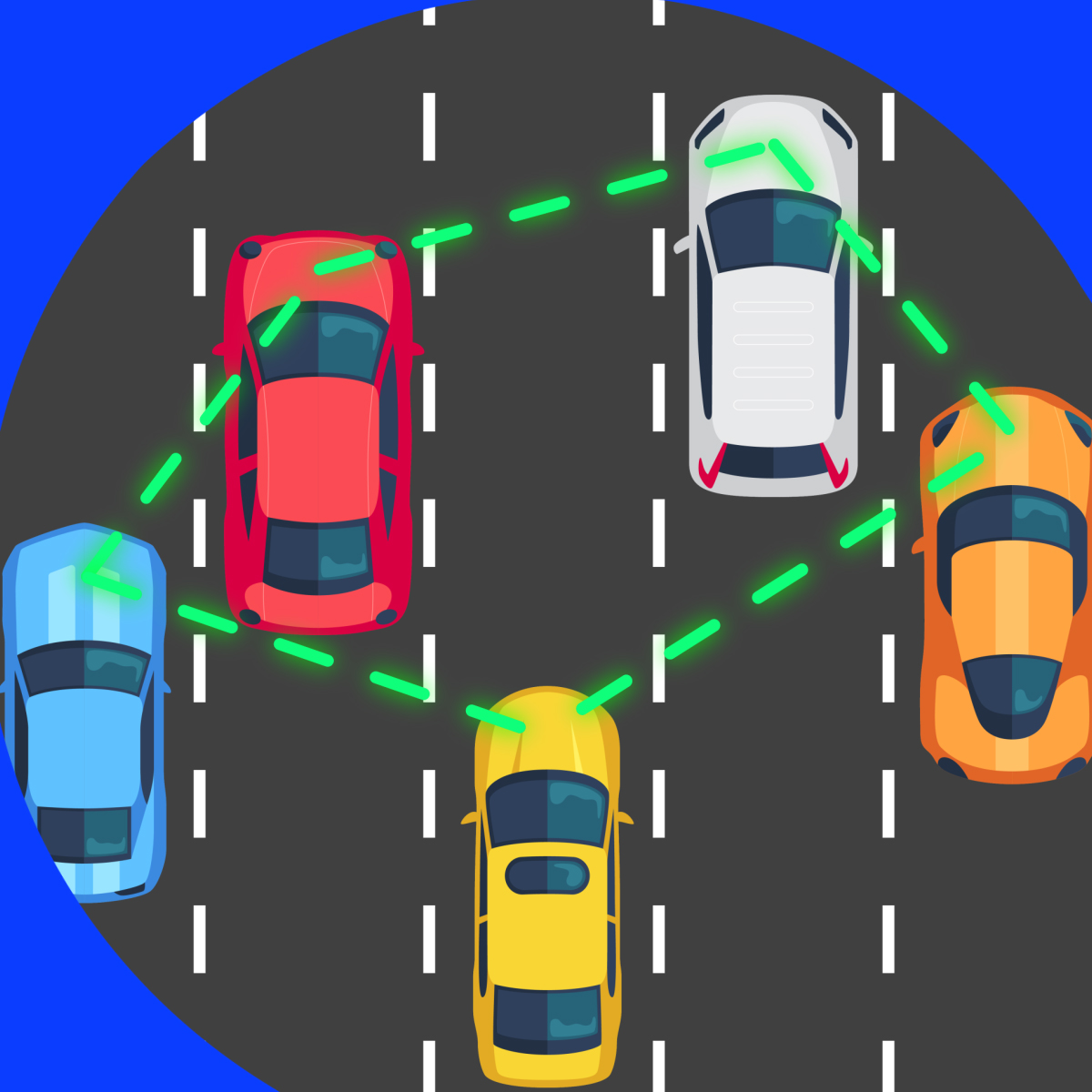
The rise of connected car technology has brought new opportunities for drivers, automakers, and tech companies. But with these opportunities come potential risks such as cybersecurity threats and data privacy concerns. This article explores the current state of the connected car industry and the opportunities and risks that come with it. We will also look at the future of connected car technology and how it may evolve to meet changing consumer needs and expectations.
Connected cars are vehicles that are equipped with advanced technology that allows them to communicate with other devices, both inside and outside the car. This technology enables drivers to access a wide range of features and services, such as real-time traffic updates, weather reports, and entertainment options. Automakers and tech companies have been investing heavily in this technology in recent years, with the global market for connected cars expected to reach $166 billion by 2025.
While connected cars offer many benefits, such as improved safety and convenience, they also come with potential risks. One of the biggest concerns is cybersecurity. As cars become more connected, they become more vulnerable to cyberattacks, which could compromise not only the vehicle itself but also the personal information of the driver and passengers.
Data privacy is another major concern with connected cars. As cars collect more data about their drivers and their driving habits, there is a risk that this information could be shared with third parties without the driver's knowledge or consent.
Despite these risks, the connected car revolution shows no signs of slowing down. Automakers and tech companies continue to innovate and develop new technologies to enhance the driving experience. The future of connected car technology may involve more advanced features, such as fully autonomous driving, and increased integration with smart cities and other connected devices.
As the connected car industry continues to evolve, it will be important for stakeholders to address the potential risks and ensure that consumers' safety and privacy are protected. Regulations and standards will need to be established to promote cybersecurity and data privacy, while also fostering innovation and growth in the industry. Ultimately, the connected car revolution offers exciting new opportunities for drivers and businesses alike, but it will require careful management and oversight to ensure that the risks are minimized and the benefits are maximized.
